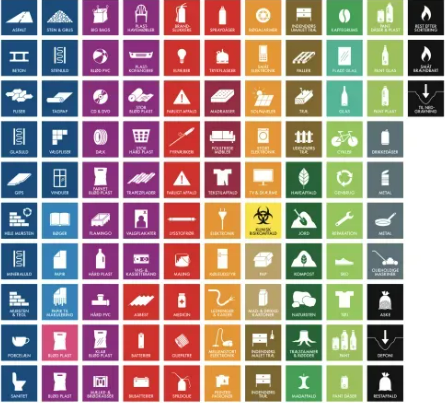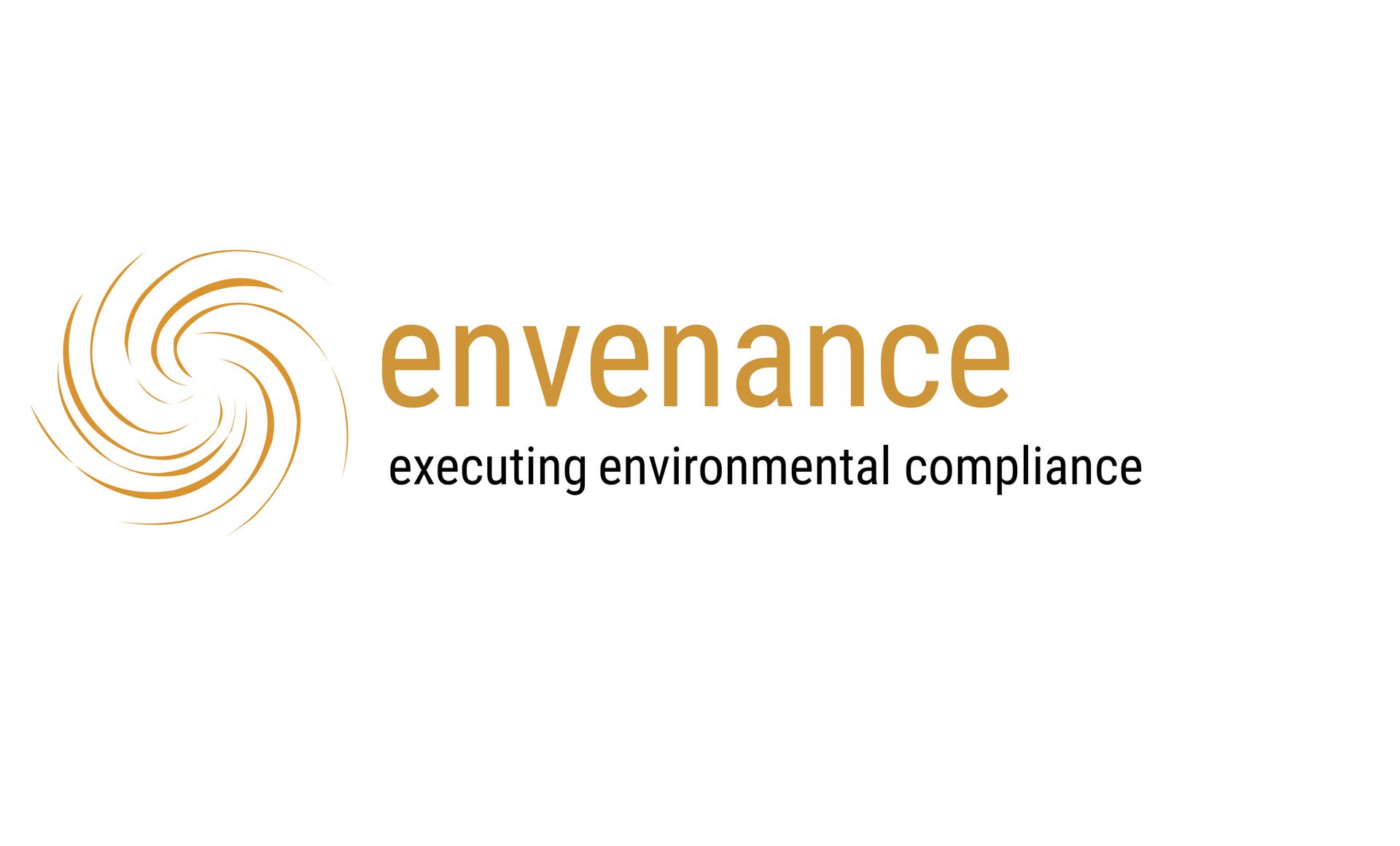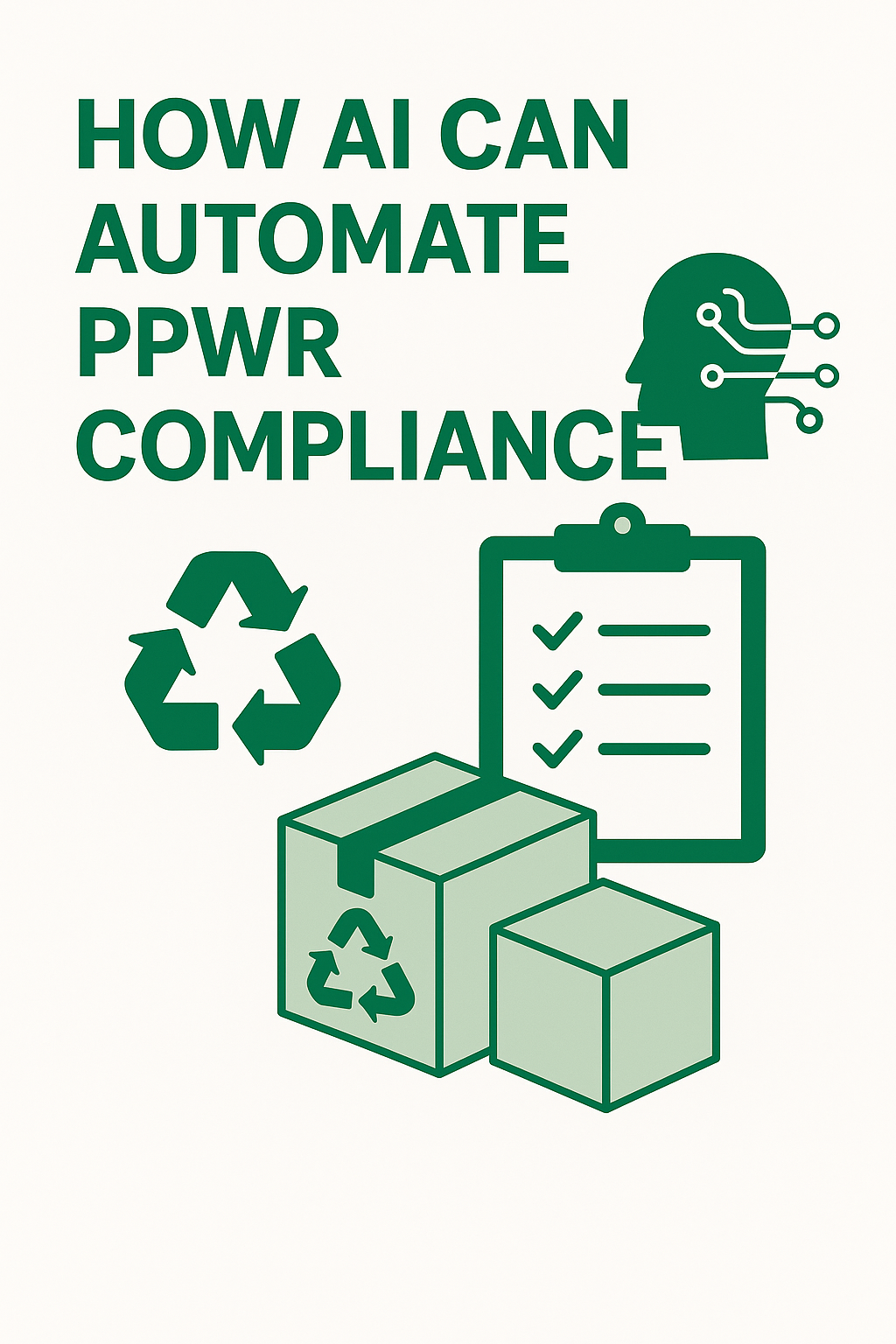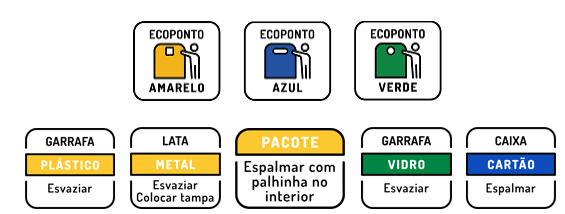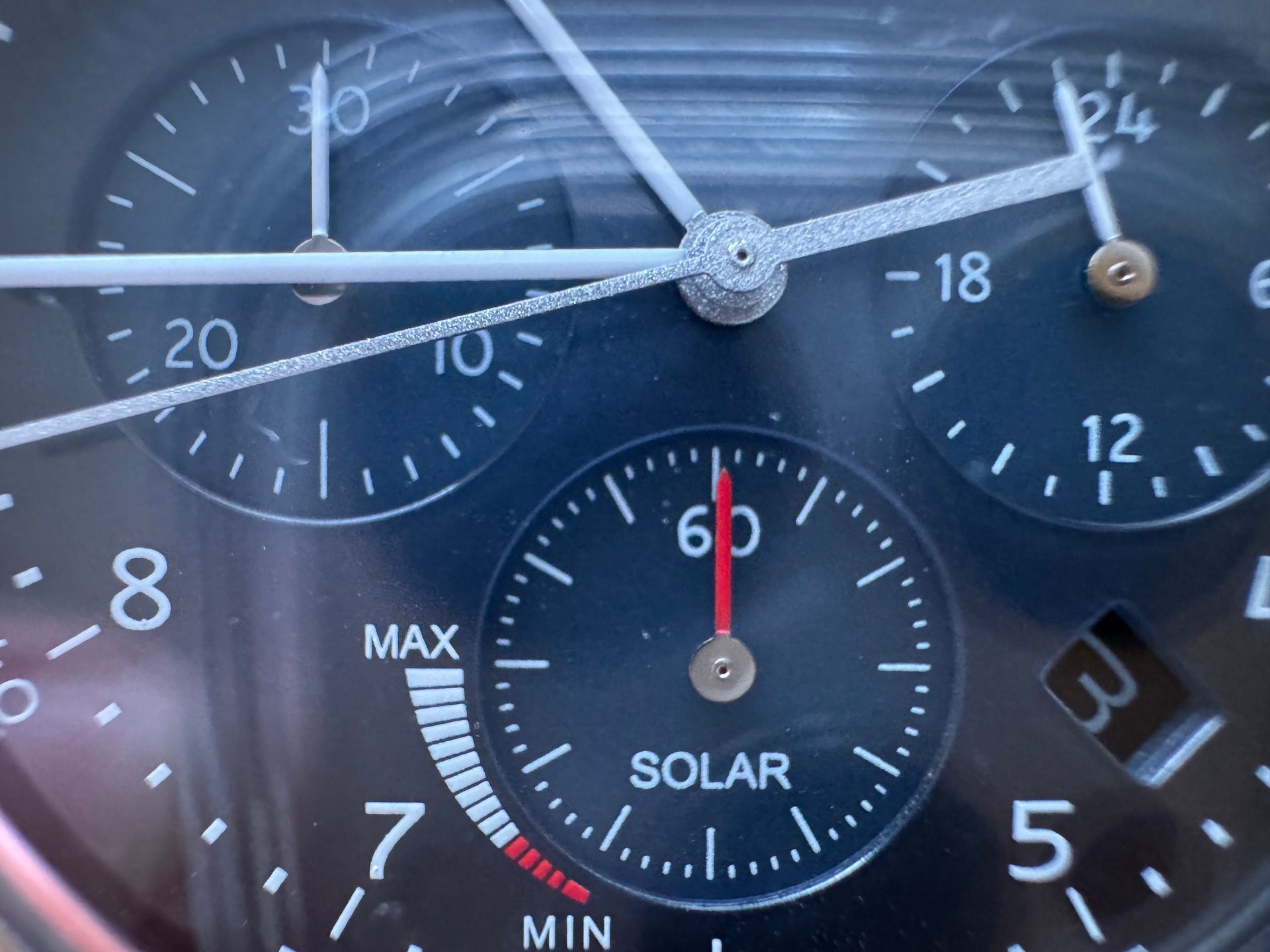Batterienverordnung - fast am Ziel.
Text der neuen Batterienverordnung nach Trialog veröffentlicht
Im Anschluss an die Verhandlungen zwischen EU-Kommission, dem EU-Parlament und den EU-Mitgliedsstaaten (sogenannter Trialog) ist der Text der neuen Batterien-Verordnung am 18. Januar 2023 unter dem Aktenzeichen 2020/0353(COD) veröffentlicht worden. Der Text muss nun noch vom EU-Parlament und dem Rat formell gebilligt werden. Nach der Unterzeichnung und der Veröffentlichung im Amtsblatt der Europäischen Union tritt die Verordnung 20 Tage später in Kraft. Die Regelungen gelten sechs Monate nach der Veröffentlichung.
Im Gegensatz zur bisherigen Batterien-Richtlinie gilt die Batterien-Verordnung in den Mitgliedsstaaten unmittelbar. Damit soll Einheitlichkeit, Effizienz, Messbarkeit und eine entsprechend hohe Zielerreichung sichergestellt werden. Bei den Detailregelungen wird es einige Übergangsfristen geben.
Zentrale Elemente der Verordnung sind:
- neue Spezifizierung der Begrifflichkeit der „Batterie“, u.a. Gewichtsgrenze der Gerätebatterien bis maximal 5 kg und Einführung einer Elektrofahrzeugbatterie
- erweiterte Differenzierung des Herstellerbegriffs
- Nachhaltigkeit und Sicherheit der Batterien (u.a. hinsichtlich der Entnehmbarkeit von Gerätebatterien)
- zeitlich gestaffelte und weitergehende Kennzeichnungsvorschriften (z.B. mit QR-Code)
- Anpassung der EU-Konformitätserklärung hinsichtlich Nachhaltigkeit, Sicherheit, Kennzeichnung und Information
- Stärkung der Rolle der EU-Kommission
- Lieferkettenverantwortung
- Registrierungs-, Informations- und Meldepflichten
- Elektronisches Informationsaustausch-System
Der Text der Verordnung kann hier eingesehen werden:
https://data.consilium.europa.eu/doc/document/ST-5469-2023-INIT/en/pdf
